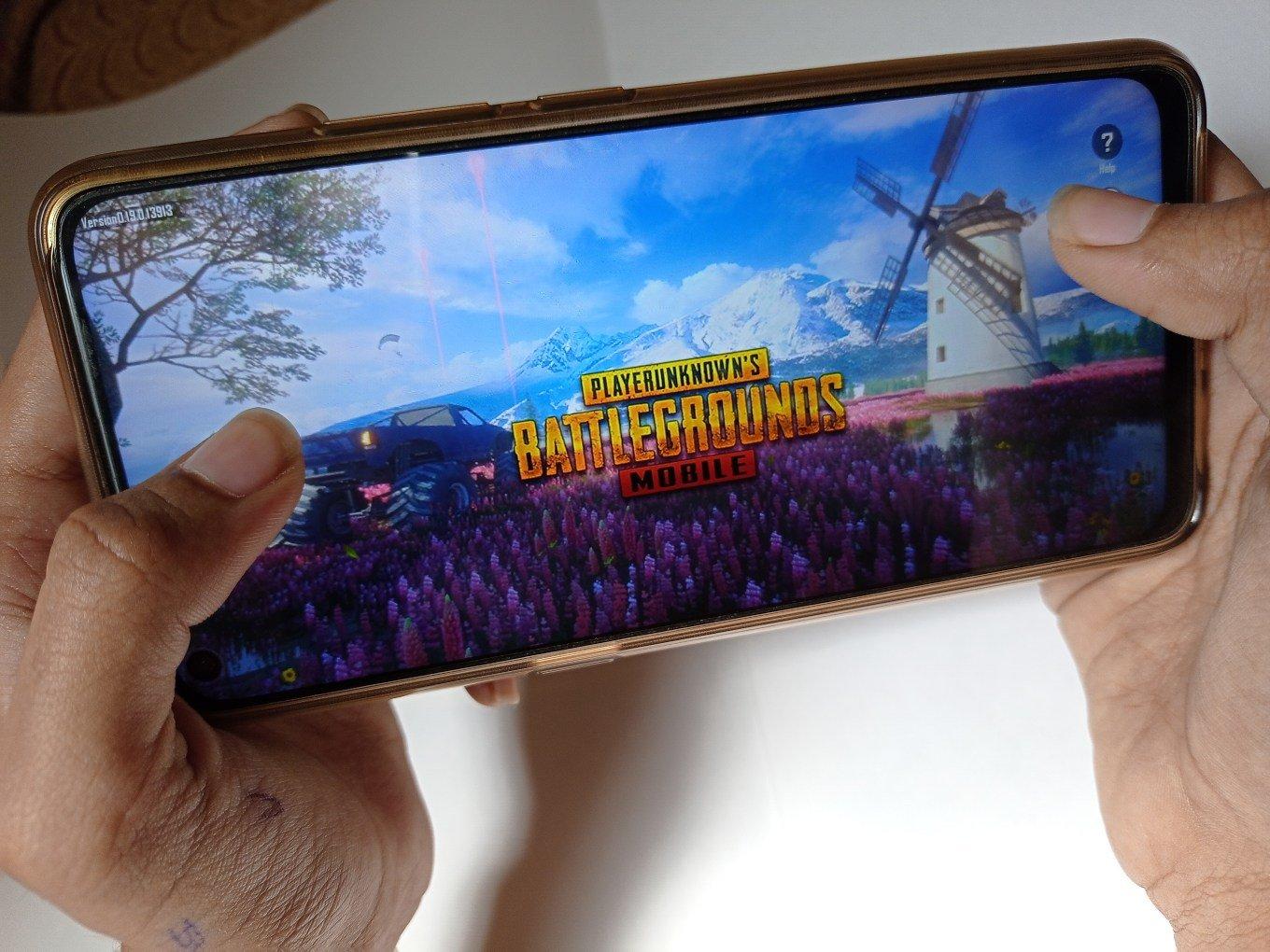
In light of the recent ban on PUBG Mobile in India, the game’s parent company PUBG Corporation said it won’t authorise Tencent to publish PUBG mobile in India
PUBG’S parent company PUBG Corporation is a subsidiary of South Korea-based video game company Bluehole
Chinese tech conglomerate Tencent was authorised to publish the game’s mobile version in India
The latest ban on 118 Chinese apps by the Indian government, which included popular gaming app PlayerUnknown’s Battlegrounds’ (PUBG) Mobile version, has forced PUBG Corporation, the game’s South Korea-based parent company to withdraw its association with Tencent Games.
In a blog post, the company said, “In light of recent developments, PUBG Corporation has made the decision to no longer authorise the PUBG MOBILE franchise to Tencent Games in India. Moving forward, PUBG Corporation will take on all publishing responsibilities within the country,” read PUBG Corporation’s statement. Tencent Games was PUBG Mobile’s licensed publisher in India.
The company also claimed that it was monitoring the developments in India and respected the Indian government’s decision to give precedence to data privacy and security of Indian users. The company added that it hopes to work “hand-in-hand with the Indian government to find a solution that will allow gamers to once again drop into the battlegrounds while being fully compliant with Indian laws and regulations.”
PlayerUnknown’s Battlegrounds (PUBG) is an online multiplayer battle royale game developed and published by PUBG Corporation, a subsidiary of South Korean video game company Bluehole. PUBG Corporation counts Chinese multinational tech conglomerate Tencent as a publishing partner for the game’s mobile version. Tencent also holds a 10% stake in PUBG’s parent company.
So while the game’s intellectual property is owned and developed by a South Korean company, the fact that its mobile version was published by a Chinese company meant that the game was caught in the crossfire of India’s sweeping crackdown on Chinese apps since June 29, when it first banned 59 Chinese apps, including popular ones such as TikTok, UC Browser and Club Factory, among several others. The fact that the ban on Chinese apps in India was triggered by the geopolitical conflict between the two nations can’t be missed. The armies of both nations have been having skirmishes and faceoffs at the Line of Actual Control in India’s Union Territory of Ladakh since June.
In the immediate aftermath of the ban on PUBG and 117 other Chinese apps announced on September 2, Shenzhen-based Tencent’s shares fell by more than 2% and the company lost more than $14 Bn in market value. The ban came as a big blow for the gaming giant as India had contributed 24% or 175 Mn of PUBG’s worldwide 734 Mn downloads till June 2020.




 Fintech
Fintech Travel Tech
Travel Tech Electric Vehicle
Electric Vehicle Health Tech
Health Tech Edtech
Edtech IT
IT Logistics
Logistics Retail
Retail Ecommerce
Ecommerce Startup Ecosystem
Startup Ecosystem Enterprise Tech
Enterprise Tech Clean Tech
Clean Tech Consumer Internet
Consumer Internet Agritech
Agritech




























